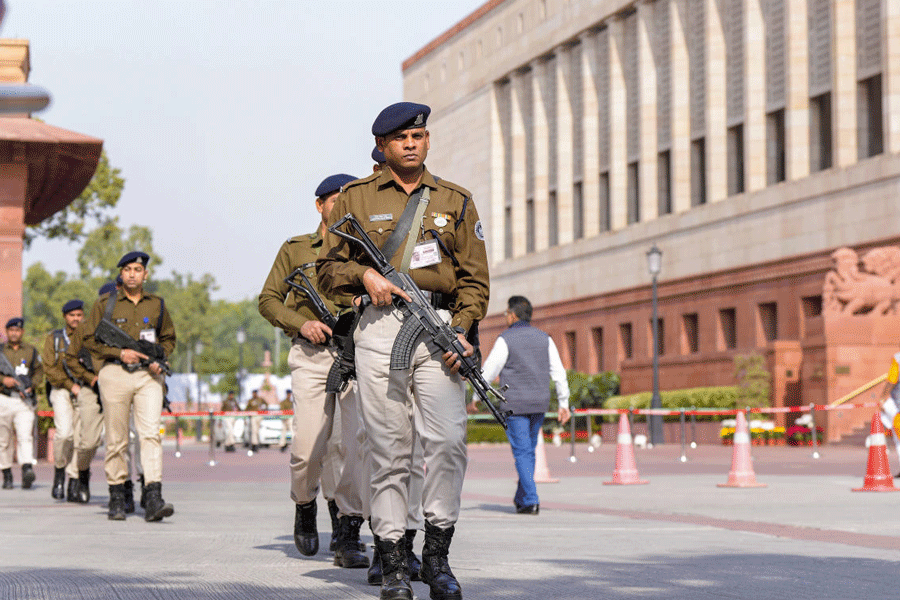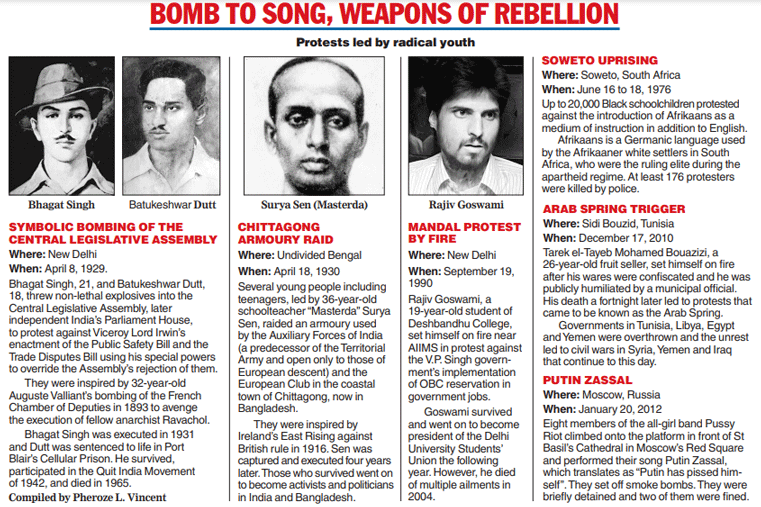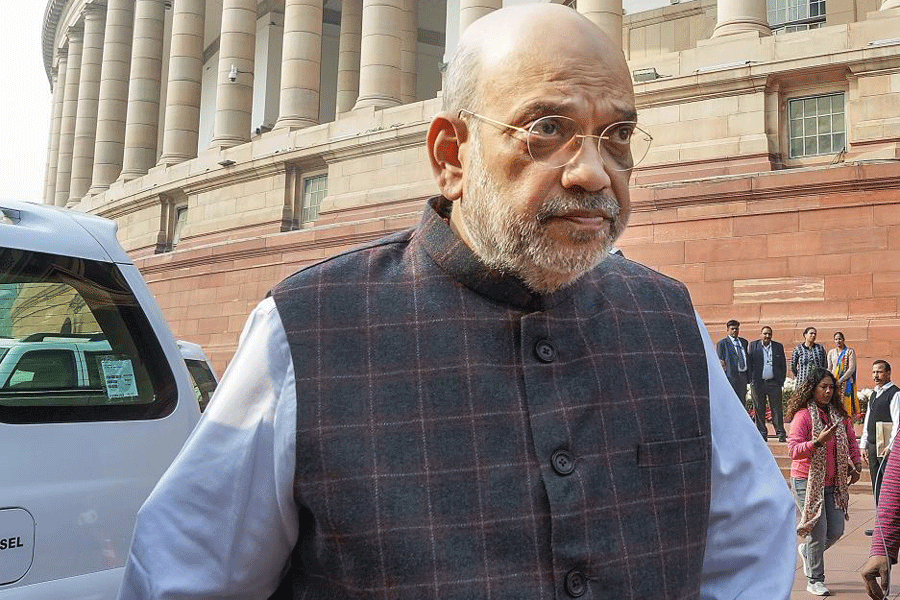The government has invoked terror charges in the Parliament security breach case but has refused to accept the Opposition’s demand for a statement by Union home minister Amit Shah though there is precedent — that too of the BJP-led government of Atal Behari Vajpayee in the 13th Lok Sabha.
After the Parliament attack of December 13, 2001, the Vajpayee government had agreed to a short-duration discussion in both Houses of Parliament. Then home minister L.K. Advani made a suo motu statement prior to the discussion. Both Prime Minister Vajpayee and Advani intervened in the discussion that went on for two days in the Lok Sabha to allow members to air their views on the issue and the situation arising from it.
A similar discussion was also allowed in the Rajya Sabha in December 2001 before the session was adjourned sine die ahead of schedule.
Prime Minister Narendra Modi and Shah have not come to either House of Parliament since the security breach on Wednesday. Shah broke his silence on the subject at a television event on Thursday evening instead of making a statement in Parliament, which is the norm when Parliament is in session.

Security personnel at Parliament House complex during the Winter session, in New Delhi on Friday. PTI photo
Without doubt, what happened on December 13, 2023, is not comparable with the Parliament attack of December 13, 2001, but the government has put it on the same plane by invoking the anti-terror law — the Unlawful Activities (Prevention) Act — against those involved in the breach.
Moreover, even in the case of previous similar instances of people jumping from the visitors’ gallery or carrying weapons into Parliament House prior to the beefing up of security after the 2001 attack, some amount of discussion was allowed.
Those incidents were cited by parliamentary affairs minister Pralhad Joshi in the Lok Sabha on Thursday to drive home the point that they were all dealt with according to the directions of the Lok Sabha Speaker as custodian of the Parliament House complex.
The government has been dodging a statement by the home minister on the premise that the Speaker has already spoken and taken action.
The first instance mentioned by Joshi was of Ratan Chandra Gupta, who forced his way into the visitors’ gallery on April 11, 1974, and was carrying two pistols, a bomb-like object and pamphlets. That very afternoon, the Lok Sabha brought a contempt motion against him and ordered his arrest. This was followed up on April 15 with another short discussion on the issue as members had some questions on follow-up action.
A similar contempt of House motion was brought against Biplab Basu who tried to enter the visitors’ gallery of the Lok Sabha with a dagger hidden in his clothes on July 26, 1974. In November 1974, Satenderjeet Singh tried to get past the watch-and-ward staff manning the visitors’ gallery with explosives and a dagger. Over a dozen members had spoken on the incident before the motion was adopted.











